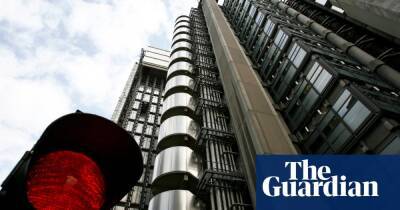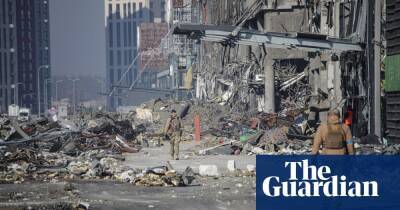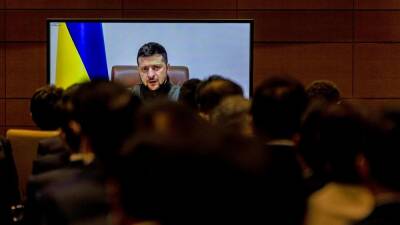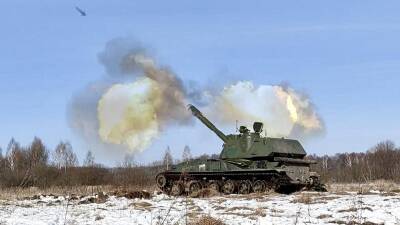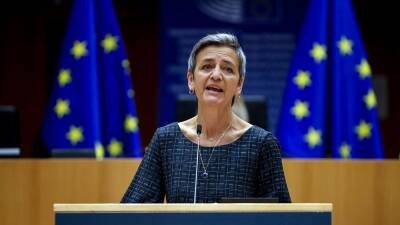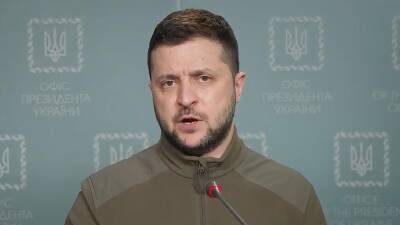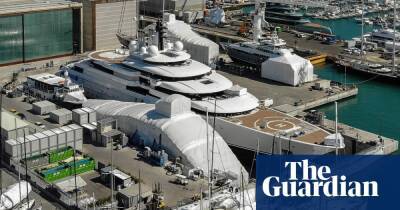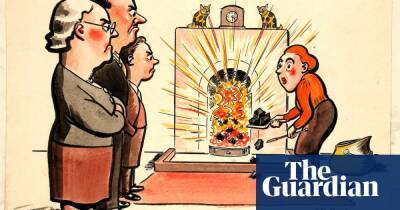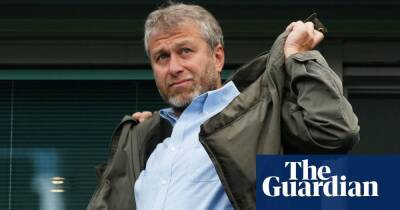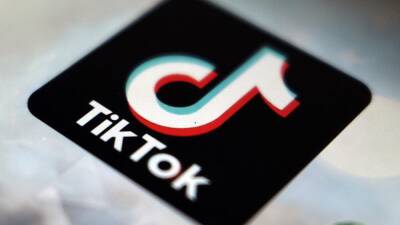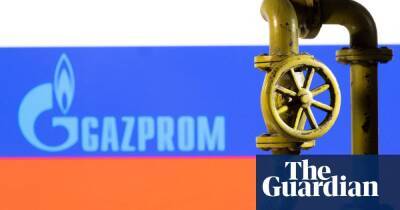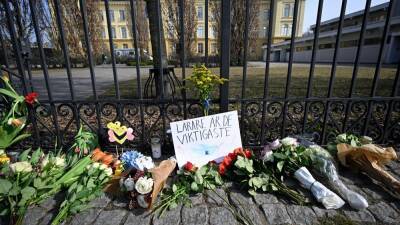This is Rishi Sunak’s chance to stop a recession; any delay and it will be too late
The Bank of England’s message to Rishi Sunak was simple. Russia’s invasion of Ukraine is the latest unwelcome shock to the UK economy. It will make people poorer. There is nothing we, the Bank, can do about it. So, over to you, Chancellor.
Threadneedle Street is absolutely right. It doesn’t have the tools to respond to rising global commodity prices but the Treasury does. Sunak has all sorts of ways of alleviating the pain: cutting taxes, increasing benefits, reducing excise duties, helping out with energy bills.
And although the original intention was not to turn Wednesday’s spring statement into a mini-budget, recent events mean that is what it needs to become. Unless Sunak wants to go down in history as the new Philip Snowden – the Labour chancellor who cut benefits during the Great Depression – he will need to come up with something meaningful.
Sunak says he is “done” with tax increases and has sympathy with people struggling to make ends meet. He needs to convert words into action because this is how things look. Inflationary pressure was growing even before Vladimir Putin decided to invade Ukraine, because as the global economy started to emerge from lockdown the supply of basic commodities – such as oil – struggled to keep pace with demand.
Both companies and consumers are affected by rising inflation. Businesses that have to pay higher costs for fuel and raw materials have a choice: try to pass on the costs to their customers or take a hit on their profit margins.
Consumers face a similar problem. If it costs more to fill up the car with petrol or heat their home, they can either try to secure pay increases that keep pace with inflation, cut spending on non-essential items, or rack up debt.
It is not hard to see how
Read more on theguardian.com

